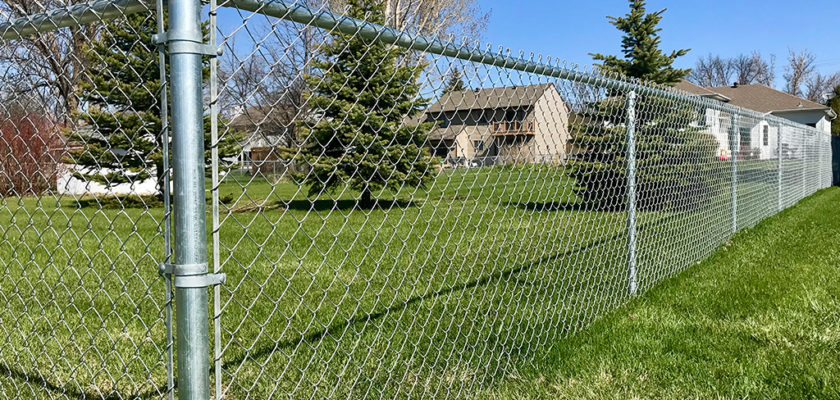Dec . 09, 2024 17:03 Back to list
Exploring the Importance of Automotive Air Filters for Vehicle Performance and Efficiency
Understanding Auto Air Filters Importance, Types, and Maintenance
Auto air filters play a crucial role in maintaining the performance and efficiency of your vehicle. Acting as the first line of defense against dirt, dust, and other contaminants, these filters ensure that the air entering the engine is clean, which is essential for optimal combustion. In this article, we will explore the significance of auto air filters, the various types available, and tips for maintaining them effectively.
The Importance of Auto Air Filters
Air filters are vital for the overall health of your vehicle’s engine. They prevent harmful debris from entering the engine and damaging its components. A clean air filter allows for better airflow, which enhances engine performance and improves fuel efficiency. When the air filter is clogged, the engine has to work harder, leading to decreased performance and increased fuel consumption. In addition to performance, a clean air filter can also reduce harmful emissions by ensuring that the combustion process is efficient.
Moreover, a dirty air filter can lead to more serious issues over time. For example, when the air filter is compromised, it can cause a lean fuel mixture, resulting in engine knocking or misfiring. This not only affects the engine's performance but can also lead to costly repairs. Therefore, regular inspection and replacement of air filters are key to prolonging the life of your vehicle.
Types of Auto Air Filters
There are several types of auto air filters, each catering to different needs and applications
. The most common types include1. Engine Air Filters These filters are designed to clean the air that enters the engine for combustion. They typically come in either paper or washable foam materials. Paper filters are disposable and need to be replaced periodically, while foam filters can often be cleaned and reused.
2. Cabin Air Filters These filters are crucial for the passengers' comfort and health. Cabin air filters trap pollutants, pollen, and dust from outside air before it enters the vehicle's interior. A clean cabin filter ensures that you and your passengers breathe in clean air, making for a more pleasant driving experience.
3. Fuel Filters Although not air filters per se, fuel filters are crucial in keeping contaminants out of the fuel system. They help maintain the purity of fuel and keep the engine running efficiently.
auto air filters

4. Oil Filters Similar in function to air filters, oil filters remove impurities from engine oil, ensuring that the oil remains clean and effective in lubricating the engine components.
Maintaining Auto Air Filters
Maintaining auto air filters is simple yet essential. Here are some tips to keep your filters in top condition
1. Regular Inspections Check your engine air filter every 12,000 to 15,000 miles or according to your vehicle's maintenance schedule. Some vehicles may require more frequent inspections, especially if you drive in dusty or polluted environments.
2. Change Filters on Time Follow the manufacturer’s recommendations for changing the engine and cabin air filters. Typically, cabin air filters should be replaced every 15,000 to 30,000 miles, while engine air filters may last up to 30,000 miles or more depending on driving conditions.
3. Clean Washable Filters If you have a reusable engine air filter, clean it following the manufacturer’s instructions. Usually, this involves using a special cleaner and then re-oiling the filter to ensure it traps dirt effectively.
4. Monitor Performance Issues If you notice a decline in your vehicle’s performance—such as reduced acceleration, poor fuel economy, or unusual sounds—check the air filters. A clogged filter can often manifest in these ways.
5. Seek Professional Help If you’re unsure about how to inspect or replace your air filters, consult a professional mechanic. They can provide guidance and service to ensure your filters are in good condition.
Conclusion
In conclusion, auto air filters are an integral component of your vehicle's performance and longevity. By understanding their importance, recognizing the various types, and implementing proper maintenance practices, you can enhance your vehicle's efficiency, reduce emissions, and ensure a more comfortable ride. Regular attention to these filters not only protects your engine but also contributes to a healthier driving environment for you and your passengers.
share
-
CE Certified 250 Micron Stainless Steel Mesh | Precision & Durability
NewsAug.27,2025
-
CE Certified 250 Micron Stainless Steel Mesh for Precision & Durability
NewsAug.26,2025
-
CE Certified 250 Micron Stainless Steel Mesh for Precision & Durability
NewsAug.25,2025
-
Premium CE Certified Metal Fine Mesh for Precision & Safety
NewsAug.24,2025
-
Stainless Steel Wedge Wire Mesh: Durable, Precision Filtration
NewsAug.23,2025
-
CE Certified 250 Micron Stainless Steel Mesh for Precision Filtration
NewsAug.22,2025

